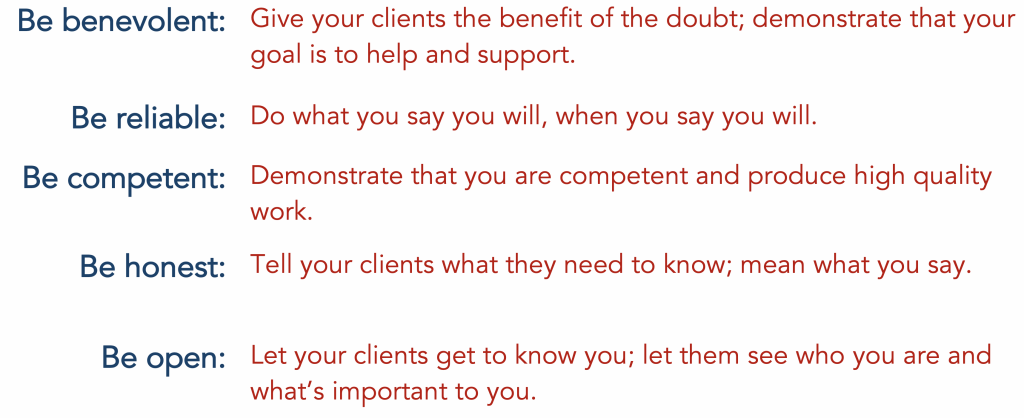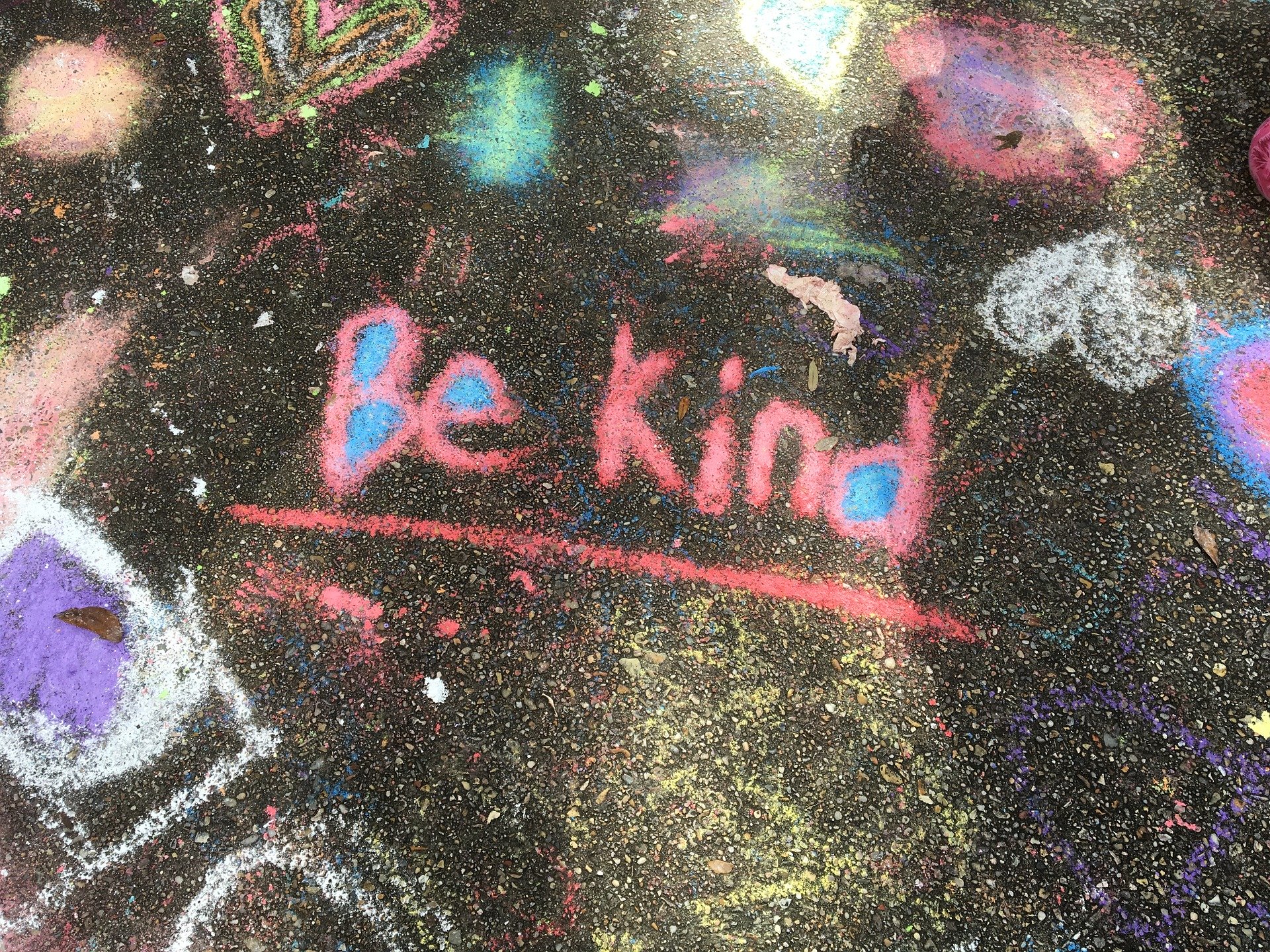
Trust me, I’m an evaluator
Research on evaluation use says relationships are key to facilitating the use of research evidence. Negative social climates, coupled with weak relationships constrict the flow of new ideas, we’re told. In contrast, trusting relationships and frequent interactions facilitate the flow of new and complex information—thereby enhancing the likelihood that people might use evaluation findings.
This is great news for evaluators, and there is a growing literature base that is dedicated to understanding factors that support evaluation use. Trouble is, there’s not a lot of information—and often, not a lot of training—that helps evaluators understand how to actually build trusting relationships with clients and stakeholders.
To help us dig deeper into our own relationships with clients at CERE, we took a look at some of the research literature on trust to see if there were any lessons we could apply to our own evaluation practice.
Here’s what we found: Trust is often grounded in five key beliefs. Specifically, it is grounded in the belief that someone is:
- Benevolent—that is, well meaning and kind
- Reliable—they will consistently do what they say they will
- Competent—they know what they’re doing and can produce high quality work
- Honest—they are truthful and sincere
- Open—they will be frank and communicative, and will not hide important information.
When these five factors are in place, trust is higher. When one or more are absent, trust tends to wane.
So how can this benefit evaluators? Simple: we can aim to embed these characteristics into our interactions with clients and stakeholders. Here are a couple of ideas we’ve come up with.




